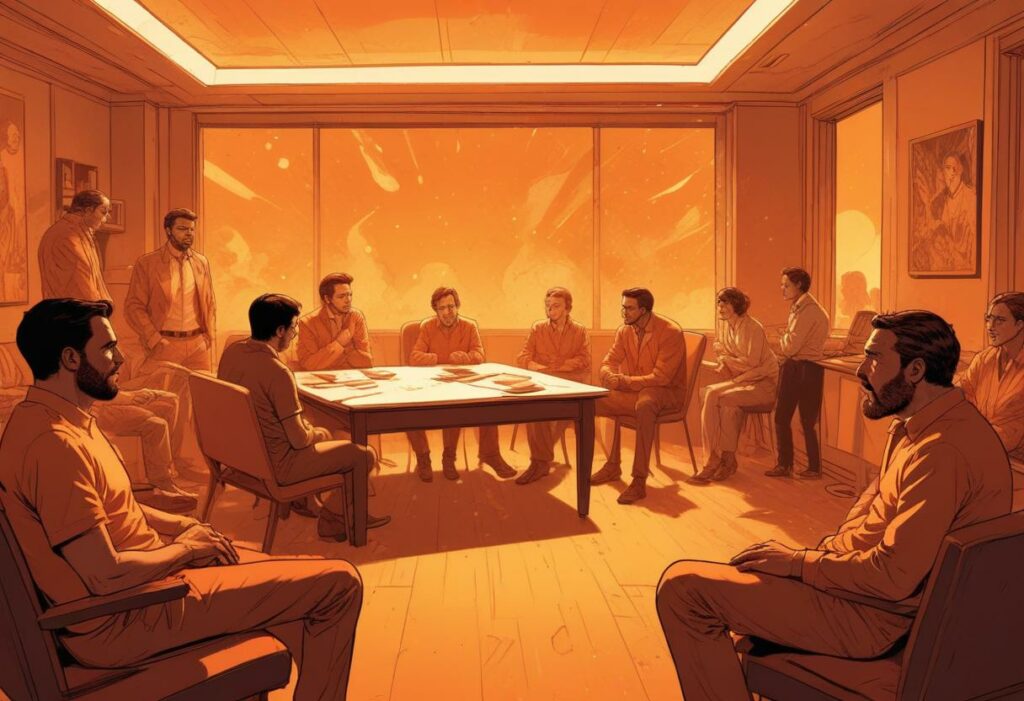UNICEF, the United Nations Children’s Fund, is among the few organizations that have embraced the transformative power of blockchain technology. The organization has been at the forefront of leveraging distributed ledger technology (DLT) to make humanitarian aid more efficient and transparent. In October 2019, UNICEF launched CryptoFund, a prototype initiative that accepts donations in cryptocurrency to fund its programs aimed at children’s well-being.
Now, UNICEF is taking its engagement with blockchain technology a notch higher by experimenting with decentralized autonomous organizations (DAOs). During an interview at the Paris Blockchain Week, UNICEF’s blockchain lead Arun Maharajan told reporters that the organization was “in the process of creating a DAO prototype to ensure equitable distribution of power and communication in the realm of globally distributed digital public goods.”
Digital public goods (DPGs) are open-source software, data sets, AI models, or standards that are generally free and contribute to sustainable national and international digital development. They serve as a great alternative to private, proprietary solutions.
The prototype DAO has been deployed on Layer 2 solution Polygon, and will facilitate smooth communication between DPG stakeholders when considering potential enhancements for the project. Maharajan said:
In a sense, it’s a closed DAO for each DPG to get all the stakeholders on board. Right now we are looking at team members but I think it’s perceivable that it could even include end users or other stakeholders so that really the community around that DPG gets together and decides together what needs to happen.
Like many conventional DAOs, UNICEF has experimented with the popular open-source voting tool Snapshot for governance proposals.





